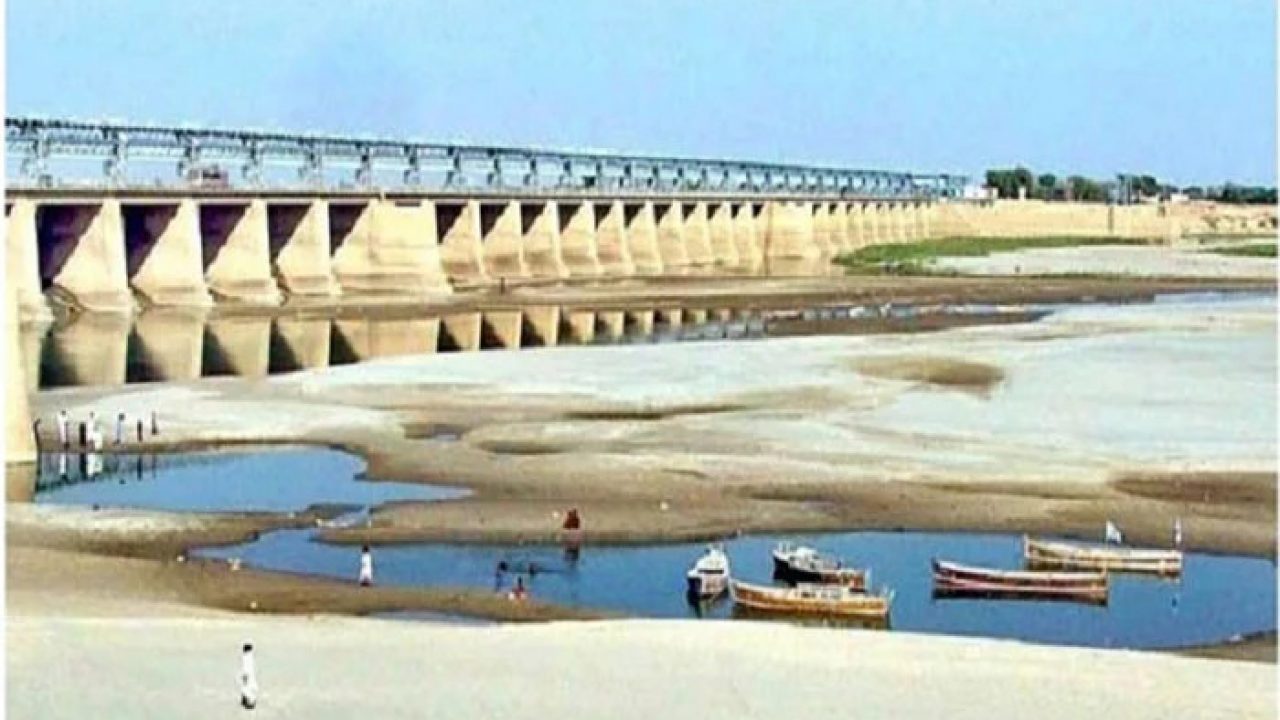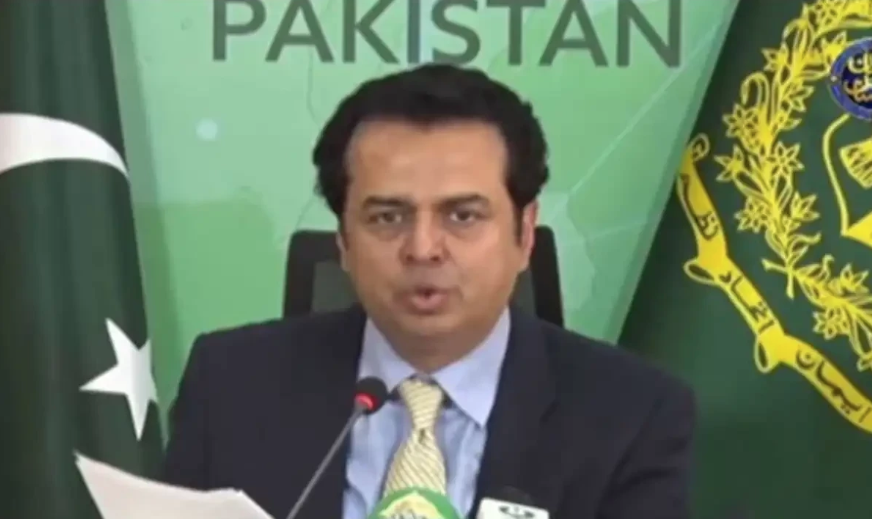POLITICS & POLICY MAKING

The ongoing water dispute between Sindh and the federal authorities escalated as the Indus River System Authority (IRSA) stood by its decision to increase the water supply to the controversial Taunsa-Panjand Link Canal. Sindh's objections were rejected, and the flow to the canal was raised by 833 cusecs, bringing the total to 3814 cusecs. This decision has sparked renewed protests from the Sindh government, which claims that the increase in water flow harms the province's share of water.
Sindh Irrigation Minister Jam Khan Shoro has written another protest letter to IRSA within 24 hours of the previous objection, emphasizing that Sindh's water rights are being overlooked. According to the letter, Punjab is utilizing Indus water instead of fulfilling its water share for the Jhelum and Chenab zones, leaving Sindh with insufficient water for crucial crops like cotton and rice. The minister pointed out that Sindh is already facing a shortfall, with Sukkur Barrage receiving 4000 cusecs less water and Kotri Barrage 2300 cusecs less.
The controversy stems from the opening of the Taunsa-Panjand Link Canal, which Sindh believes is exacerbating the water shortage in its own region. Despite the protests, IRSA and the Water and Power Development Authority (WAPDA) have not provided any water from the Mangla Dam to Sindh for the past 15 days, further intensifying the pressure on the province's agricultural systems.
The situation is complicated by the current flow levels in the country's major dams. As of now, the water levels in Tarbela and Mangla dams are at critical points, with 67 feet of storage available across both. At Tarbela Dam, the water level has reached 1418.68 feet, with a water inflow of 35900 cusecs. Meanwhile, Mangla Dam's water level stands at 1110.2 feet, with inflows at 38938 cusecs. Despite these levels, Sindh has been left with inadequate water supplies for irrigation.
Sindh Chief Minister Murad Shah has called the opening of the Taunsa-Panjand Link Canal an "irresponsible step," stressing that Punjab's actions are weakening their own case. He emphasized that the federal government, along with IRSA, continues to act unjustly toward Sindh. The Sindh government has vowed to continue its protests until a formal announcement is made about the completion of the canal project, further intensifying the already high tensions surrounding water distribution in the region.
The dispute over the Taunsa-Panjand Link Canal reflects the ongoing struggle for equitable water distribution in Pakistan, particularly as the country faces increasing challenges due to climate change and water scarcity. Both provinces are at odds over the allocation of resources from the Indus River, with no clear resolution in sight.




